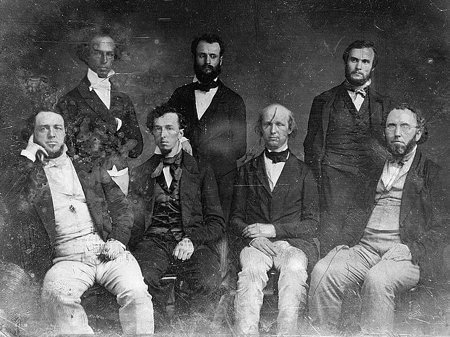
Sociologist Arle Hochschild has summarized this ideology in a recent book, stating, "When in the mid-nineteenth century, men were drawn into market life and women remained outside it, female homemakers formed a moral brake on capitalism."

Hochschild does not present this social division as an ideology, however, but rather presents it as though it were fact. Portraying the world as divided into a harsh, depersonalized, masculine world of instrinsically destabilizing materialism and capitalism on the one hand, and an ethical, caring-laden sphere of authentic, nonmonetized family and community relations on the other is a popular theme. Sometimes such thinkers believe that it is now "up to women" to hold the line against capitalist incursion or to lead a movement in to a softer, more feminized, small-is-beautiful, and soulful economic system."
[From the absolutely brilliant Economics for Humans, by the extraordinarily thoughtful and supremely rational Julie A. Nelson]
No comments:
Post a Comment